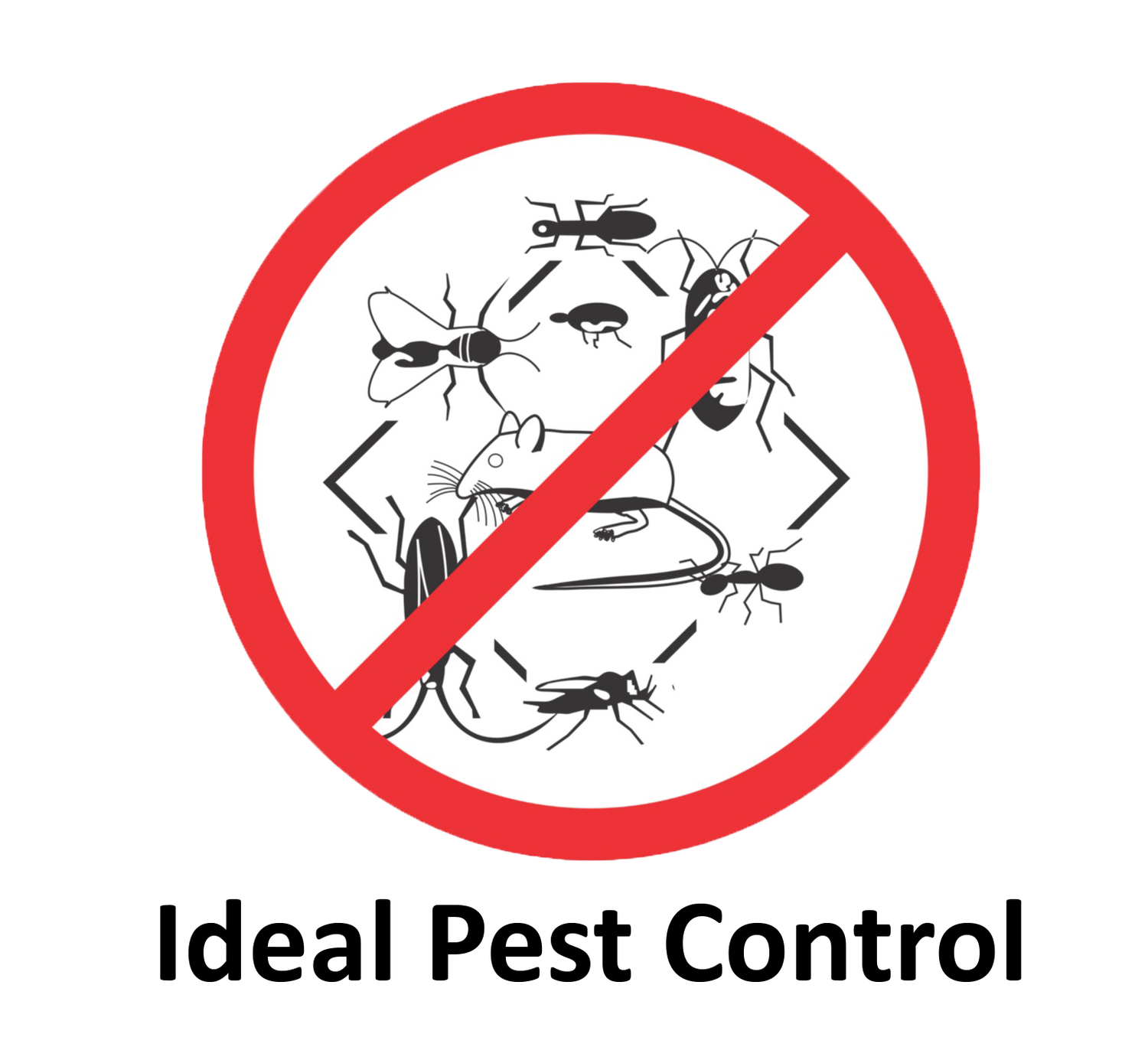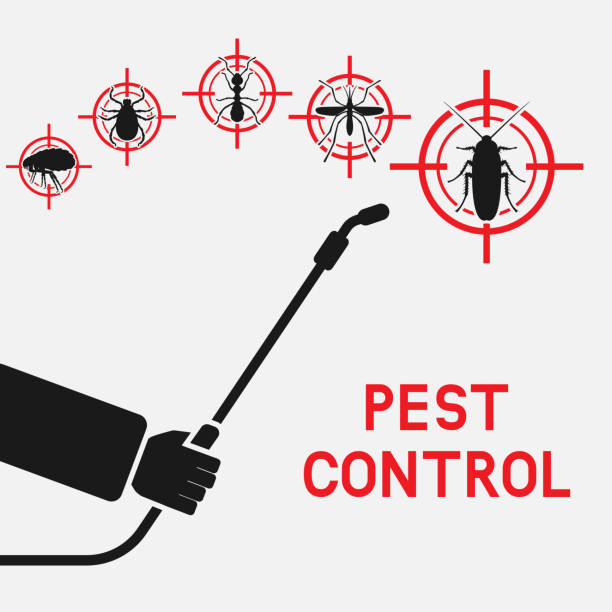Safe and Trustworthy Parasite Control for Lasting Protection
The significance of secure and reliable bug control can not be overemphasized, especially in an era where environmental worries are extremely important. Effective insect administration calls for a complex approach that stabilizes eco-friendly honesty with the need for efficient bug suppression. By checking out environmentally friendly remedies and integrated pest administration approaches, home owners can achieve long-term security against intrusive species while guarding valuable ecological communities. The subtleties of these methods may not be right away clear, triggering a better evaluation of the practices that can lead to lasting pest control outcomes. What actions can be required to make sure both safety and security and efficacy in insect management?
Understanding Bug Control Methods
Pest control includes a selection of techniques focused on managing and eradicating undesirable pests and rodents that can endanger both health and residential property. Understanding these approaches is vital for effective insect administration.
The key categories of bug control approaches include mechanical, biological, and chemical strategies. Mechanical approaches involve physical barriers and traps to prevent parasite entry and capture unwanted varieties. Making use of displays on windows or employing sticky catches can dramatically reduce insect populations without introducing unsafe substances - exterminator coquitlam.

Chemical insect control is usually one of the most acknowledged technique, using chemicals to get rid of bugs. These chemicals can be efficient however should be used with caution to avoid adverse effects on non-target varieties and the setting.
Advantages of Eco-Friendly Solutions
Just how can green services transform insect control techniques? The adoption of green bug control methods supplies various advantages, substantially enhancing the performance and safety of parasite management.

An additional benefit is the favorable influence on neighborhood biodiversity. Eco-friendly solutions are developed to target particular insects while protecting helpful pests and wild animals, promoting a balanced environment. This technique straightens with the growing consumer demand for lasting techniques, improving the track record of bug control carriers.
Integrated Parasite Monitoring Methods
The application of environment-friendly options naturally results in the fostering of Integrated Parasite Administration (IPM) techniques, which further boost bug control effectiveness. IPM is a holistic approach that incorporates several methods to take care of bug populations while minimizing ecological effect. This strategy emphasizes the use of organic, social, mechanical, and chemical controls, ensuring a sustainable and well balanced approach of parasite monitoring.
One essential aspect of IPM is the thorough evaluation of pest activity and environmental conditions. By monitoring parasite populaces and determining their life cycles, practitioners can implement targeted treatments that disrupt the bug's habitat or lifecycle, minimizing reliance on chemical pesticides. Furthermore, social techniques such as plant rotation and environment manipulation can significantly lessen bug establishment and recreation.
Another critical part is making use of organic control agents, such as beneficial bugs or microorganisms, which can normally subdue pest populations. When chemical applications are necessary, IPM focuses on making use of low-risk pesticides and uses them precisely, lessening exposure to non-target organisms and humans.
Incorporating IPM strategies not only enhances bug control performance yet also promotes a safer ecological community, straightening with the growing demand for sustainable methods in bug monitoring.
Safe Practices for Homeowners
Understanding the significance of risk-free methods in bug control can equip house owners to effectively manage insect problems while safeguarding their health and the atmosphere. Carrying out non-toxic methods and preventative procedures is vital in reducing direct exposure to hazardous chemicals.
House owners need to initially assess their environment for conditions that attract parasites, such as standing water, food, and mess waste. Consistently cleansing and securing entrance points can hinder insects from attacking the home. Using natural deterrents, such as essential oils or diatomaceous planet, can offer effective choices to chemical pesticides.
When chemical treatments are essential, house owners should choose products that are specifically identified as safe for property use. It is necessary to follow application standards meticulously to prevent too much exposure. Using targeted treatments in locations where pests are determined, rather than covering spraying, can substantially decrease chemical use.
Last but not least, maintaining open interaction with bug control experts is crucial. House owners should ask about the safety and security of items used absolute pest control and demand environment-friendly choices whenever feasible. By taking on these secure practices, property owners can produce a healthier living atmosphere while properly managing pest issues.

Tips for Long-Term Protection
Establishing an insect management technique that emphasizes long-term protection can significantly enhance the effectiveness of the safe practices formerly reviewed. To attain this, house owners must carry out routine assessments of their building, concentrating on concealed areas such as attics, basements, and crawl rooms. Early discovery of insect activity is essential in avoiding infestations from taking hold.
In addition, keeping a tidy atmosphere is crucial. This includes appropriate food storage, quickly cleaning spills, and routinely getting rid of waste. These methods decrease attractants that attract pests into the home. Moreover, sealing entrance factors, such as fractures around windows and doors, can efficiently block possible parasite access.
Landscaping must likewise be thought about; maintaining plants cut and preserving a range between plant life and the home lessens concealing places for insects. Utilizing all-natural deterrents, such as essential oils or diatomaceous planet, can better inhibit problems without considering extreme chemicals.
Lastly, collaborating with a specialist pest control service for regular evaluations can supply an extra layer of protection. These experts can provide customized referrals and advanced treatments, guaranteeing that your home stays shielded against insects in the long term.
Verdict
In conclusion, reliable and risk-free parasite control requires a complex method that stresses environmentally friendly approaches and integrated pest administration. By applying natural deterrents, performing regular inspections, and preserving proper cleanliness, residential property proprietors can considerably decrease insect populaces while shielding helpful insects and the environment. Partnership with specialist insect control solutions boosts the effectiveness of these methods, guaranteeing tailored solutions that give lasting security and satisfaction versus future infestations.
Efficient bug management needs a complex strategy that balances ecological honesty with the requirement for efficient bug suppression. The fostering of environment-friendly bug control approaches supplies numerous benefits, significantly boosting the efficiency and safety and security of parasite administration.The application of environment-friendly services naturally leads to the adoption of Integrated Bug Administration (IPM) approaches, which further enhance bug control effectiveness. exterminator coquitlam. By monitoring pest populations and identifying their life cycles, specialists can implement targeted treatments that interrupt the bug's habitat or web lifecycle, reducing dependence on chemical pesticides.In verdict, reputable and safe pest control calls for a bird pest control complex technique that stresses eco-friendly methods and integrated insect monitoring